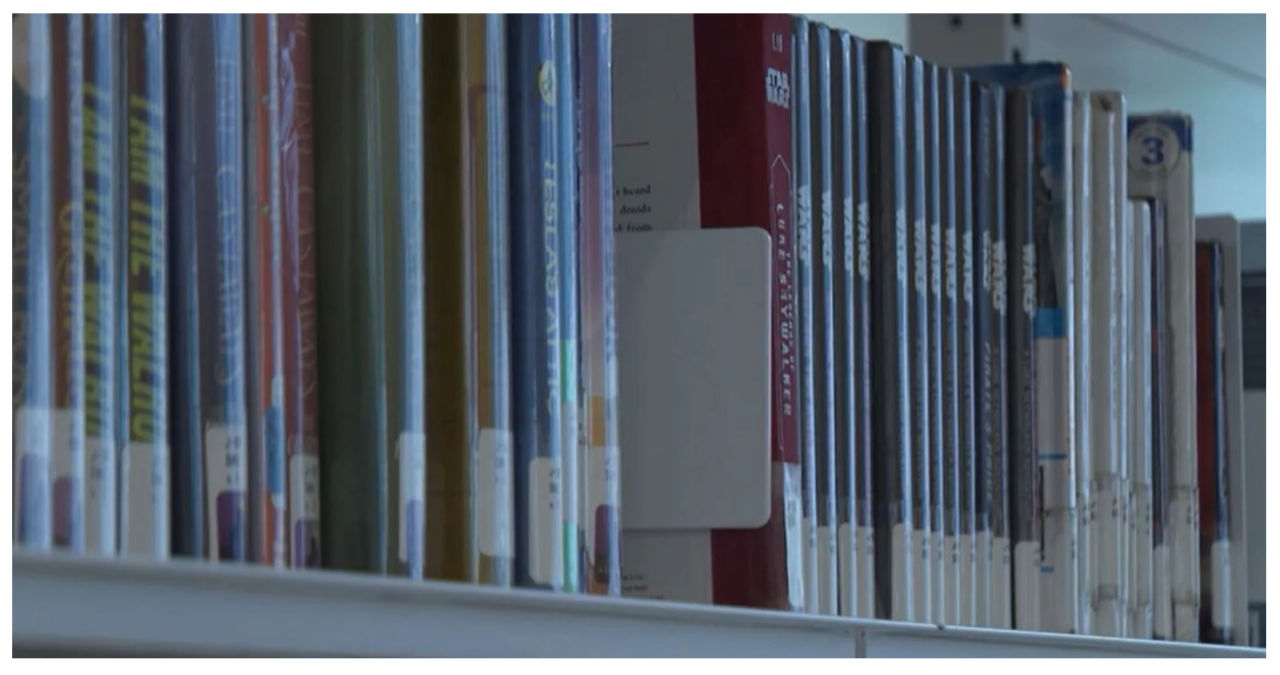Alabama public libraries will now have to remove explicit material from children’s sections as a result of new regulations. This revision in the rules for public libraries may impact the type of content that children come across while browsing the shelves.
“We’re not depriving you of your rights. Instead, we’re empowering you to take control,” emphasized Emily Jones, a representative from Moms for Liberty.
The Alabama Public Library Service provides funding for more than 220 libraries across the state. In an effort to ensure a safe and appropriate environment for children, the service has updated its code to require that children’s sections be free from any obscene or explicit material. Failure to comply with these policies could result in libraries losing their funding. It’s important to note that this rule change is not intended to restrict access to information, but rather to prioritize the well-being of young readers.
According to Jones, the intention behind this initiative is not to censor or ban books. Instead, it is aimed at encouraging parents to actively participate in their children’s lives. Jones emphasizes the importance of being involved, overseeing their activities, and engaging in meaningful conversations that align with their values.
John Wahl, who serves as chair of the Alabama Republican Party, also holds a position on the board of directors for the library service. According to Wahl, there are already existing rating systems in place for explicit material.
According to Wahl, rating systems are already in place for TV shows, movies, and video games. It is a common practice in our society to protect children from potentially harmful content.
However, critics argue that the implementation of the new policy will have a negative impact on library funding and place an excessive burden on them.
As the president of the Alabama Library Association, Craig Scott expressed concern about the impact of the new policy on libraries that heavily depend on state funding. According to Scott, the implementation of this policy will pose significant challenges in obtaining the necessary funding for these libraries.
Scott expressed concern that the process would only serve to postpone funding for small libraries, potentially jeopardizing their operations.
Angie Hayden, one of the co-founders of Read Freely Alabama, acknowledges the immense workload that libraries already bear.
According to Hayden, this will have a particularly significant impact on our poorer and rural libraries, which are already understaffed. She points out that librarians and library staff are already overworked, and this change will only exacerbate the situation for them.
The Alabama Public Library Service expressed concerns about the challenges libraries may face in adapting to these changes. They emphasized that it is essential to recognize and address the current political climate as part of the new normal.
The Alabama Public Library Service has approved new policy requirements, which libraries have until July 17 to write and implement, according to Scott.



